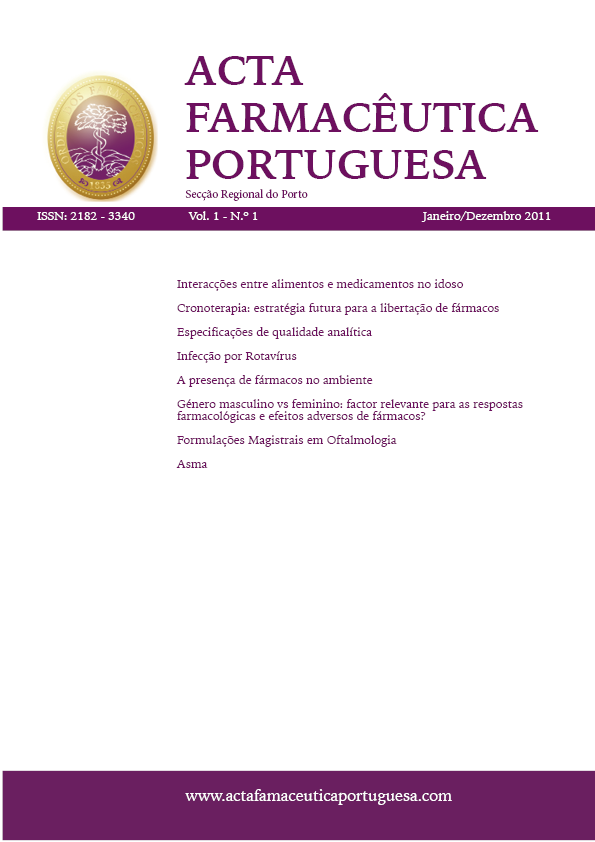Evaluación de la mejora de conocimientos y grado de satisfacción tras una acción formativa en cuidados farmacéuticos
Abstract
Purpose: Evaluate the results of a master class of pharmaceutical advice, namely in what concerns knowledge increase and satisfaction.
Methodology: Longitudinal analytical study without control group. 56 pharmacists enrolled in the 1st Post-graduation course in Pharmaceutical Care of Secção Regional do Porto da Ordem dos Farmacêuticos. Master class taught by Berbés group. In the first phase the students received the theoretical material, an initial evaluation test of 14 questions and case studies. 12 days afterm following a second class, students were trained with role play cas studies and repeated the initial test, solved 5 case studies and filled a satisfaction questionair.
Results: Average Age 30,6 (SD= 7,5), years of practice 5,4 (DW= 6,0), 92,2% women.
The number of correct answers in the knowledge test increased 13,9% (SD=14,1%) and was statisti- cally significant (p< 0,001). The average result for the case-studies solving was 6.6/10 (SD=1,2). Satisfaction was 3.6/4 (SD=1,2). The most appreciated question was “the course is usefull for the daily profesional activity” (3,9) and “Role-play is useful for learning” (3,9), while the least apreciated was “the number of class hours of the course is adequate” (3,0). No significant relation was found between the other tested variables.
Discussion: Knowledge increase, case study solving and satisfaction level can be considered satisfactory. The students seem to find positive and pleasant the methodology used during the teaching module, therefore it can be inferred that it may have an important impacto on the pharmacist performance in the community pharmacy.


